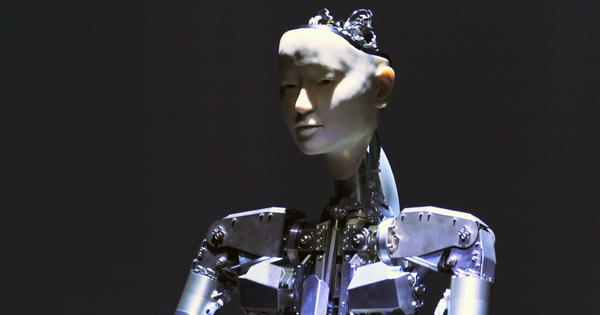With humans flying more than ever before, CO2 levels have risen by 35%. In the past 150 years, atmospheric CO2 levels have risen an estimated 35%, now at the highest level in 800.
The age of flight has had a big carbon footprint. A single flight from New York to London creates about the same emissions as heating a house for 12 months.
So obviously Electric planes are a hot topic in the aviation industry.
Many believe that electric planes have the potential to revolutionize air travel, while others are sceptical of the technology. In this article, we will take a look at the pros and cons of electric planes, as well as the future of this exciting new technology.
The Benefits of Electric Planes
Electric planes are much quieter than traditional planes. This could lead to fewer noise complaints from airport neighbours, and could also allow for flight paths to be routed over populated areas.
Electric planes are also much cleaner than traditional planes, emitting no pollutants into the atmosphere. This could lead to reduced carbon emissions from the aviation industry and could help to combat climate change.
Another benefit of electric planes is that they have the potential to be much more fuel efficient than traditional planes. This could lead to reduced operating costs for airlines, and could also help to reduce airfare prices for passengers.
Electric planes could also help reduce congestion at airports, as they could take off and land more quickly than traditional planes.
In addition, electric planes would have a much smaller environmental footprint than traditional planes. They would produce no emissions of greenhouse gases or other pollutants, and would not require the mining and drilling of fossil fuels.
Electric planes would also be much lighter than traditional planes, which would reduce fuel consumption and further reduce emissions.
The Drawbacks of Electric Planes
There are also some potential drawbacks to electric planes. One is that the technology is still in its early stages, and is therefore much more expensive than traditional planes.
Electric planes also have shorter ranges than classic planes, meaning that they would not be able to fly long-haul routes. This could limit the usefulness of electric planes for some airlines.
Another drawback of electric planes is that they require a lot of electricity to operate. This could lead to increased demand on the electrical grid, and could also lead to higher electric bills for consumers.
Electric planes could also be less reliable than traditional planes, as they are more susceptible to weather conditions and power outages.
Another potential issue with electric planes is that they are relatively quiet. This could be a problem for airports located near residential areas, as the increased noise from traditional planes could be disruptive. Electric planes could also have difficulty flying in cold weather, as the batteries may not work as well in colder temperatures.
Electric planes have been in development for a while and now companies are just making small prototypes, which can only hold 30 people max. These aircraft can't fly very far yet. One example of this is Heart Aerospace's plane, powered with more than 5 tons of onboard lithium-ion batteries. It has a 124-mile range on one charge but when you add a fuel-powered generator it can expand that range to almost 500 miles.
The Future of Electric Planes
The future of electric planes is uncertain. The technology is still in its early stages, and it remains to be seen whether it will be able to compete with traditional planes in terms of cost, range, and reliability. However, many believe that electric planes have the potential to revolutionize air travel and that they could eventually become the norm in the aviation industry.
If we want to see more electric planes in mainstream markets, then better batteries are crucial. More and more industries are transitioning away from lead-acid batteries, whose only major benefit is being cheaper, to lithium-ion batteries. But in order to deliver more power with less weight and size, future batteries need to be aviation-compatible - which means that they require a whole new recipe, so to speak.
However, there are also a number of challenges that need to be addressed before electric planes can become a reality. The technology is still in its early stages, and there are many unknowns about how it will perform in the real world.
Additionally, electric planes would require a major investment in infrastructure, such as charging stations, which could be a barrier to adoption.
Nonetheless, many believe that electric planes have the potential to revolutionize air travel and that they could eventually become the norm in the aviation industry.






